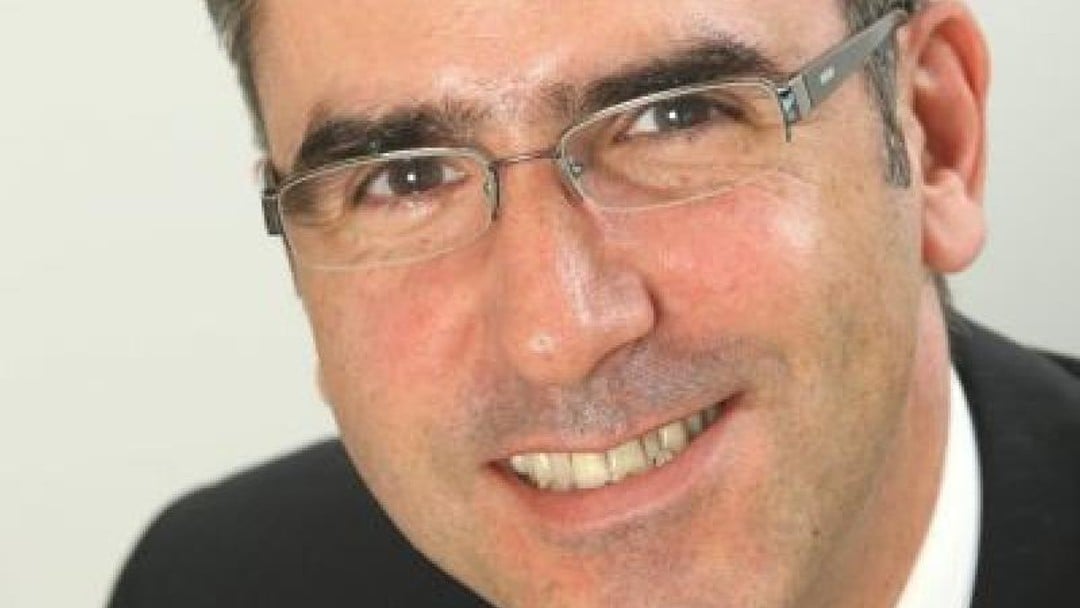Colin Lawson explains why he thinks global growth and a rallying stock market is just around the corner

By Colin Lawson
I am going to stick my neck out and start with a bold statement that, given the current turmoil in world stock markets and the global economy, many readers may find difficult to believe. Some may even mock me! I do promise to respond to all comments though, so feel free to ‘bring it on’...
Giddy heights
Last year, in August, the FTSE 100 index fell sharply over the course of a few weeks to just over 5,000, after having experienced a period of relatively steady growth in the previous 12 months which saw the giddy heights of 6,000 surpassed on more than one occasion. At the same time, the price to earnings (P/E) ratio of the top 100 UK companies fell to ten, compared to a long-term average of 14.
It is my belief that by August 2017, just about four years from now, the FTSE 100 will have reached a level of 8,600. That’s an 11.5 per cent per annum capital return from August 2011 and, if we then add in 3.5 per cent for dividends, the return increases to 15 per cent per annum or growth of almost 75 per cent in total.
I also believe things won’t stop there and that we are at the beginning of a new ten-plus-year bull market which will see the FTSE 100 smash its way through the 10,000 level.
Of course, I have no crystal ball and am of the opinion that second guessing the market in the short term is a mugs’ game of pure chance. However, I do strongly believe if you buy something at more than its fundamental fair value, then sooner or later you will lose money. Conversely, if you buy something at less than its fundamental value, sooner or later you will make money.
On 1 January 2000, the FTSE stood at 6,900, the market capitalisation was £1,860bn and profits were running at £75bn which equated to a P/E ratio of 24.5. As mentioned earlier, our research has shown that the average P/E ratio for the FTSE 100 is 14. So, if the P/E ratio is above that level, you are paying above fair value and below fair value if it’s anything less.
I may not have been able to predict 9/11 and the Iraq war but I could have stated with certainty that the stock market was significantly over valued back in the beginning of the Noughties.
Historic high
Almost 12 years on and the FTSE has still failed to reach this historic high again and stands today as I write at 5,600. The market capitalisation is £1,500bn while profits are £150bn and the P/E ratio is ten.
Simply put, this means that the stock market is 20 per cent cheaper than it was 12 years ago and yet the profits have doubled. With a P/E of ten, 40 per cent below the long term average of 14, and assuming earnings remain level, that provides an indicative level of 7,840 for the FTSE.
Despite the issues in Europe, companies generally continue to deliver healthy profits and the level of cash sitting within businesses is at an all-time high. Sooner or later that cash is going to be spent on growth, mergers and acquisitions or share buy backs - all of which are positive for markets.
While the next 12-month period will no doubt continue to be volatile, I am confident the ‘Europe issue’ will be resolved, global growth will return and the stock market will rally. The perceived current safe havens such as gold and gilts will crash and property will have been subject to a lost decade of zero growth, losing money in real terms as wages catch up.
As Warren Buffet famously once said: “Be fearful when others are greedy and greedy when others are fearful.”
In my humble opinion, I think it’s time to be greedy!
Colin Lawson is founder and managing partner of Equilibrium Asset Management www.eqasset.co.uk

